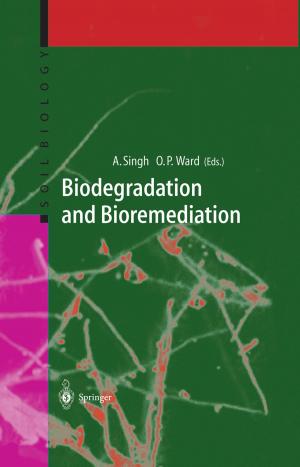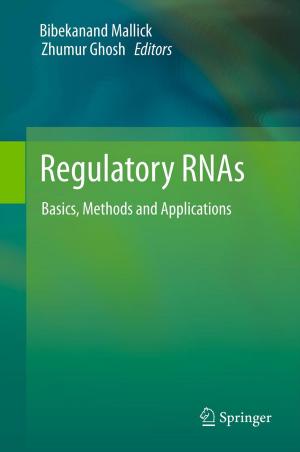Colorectal Cancer
Nonfiction, Health & Well Being, Medical, Specialties, Internal Medicine, Gastroenterology| Author: | ISBN: | 9783642818028 | |
| Publisher: | Springer Berlin Heidelberg | Publication: | December 6, 2012 |
| Imprint: | Springer | Language: | English |
| Author: | |
| ISBN: | 9783642818028 |
| Publisher: | Springer Berlin Heidelberg |
| Publication: | December 6, 2012 |
| Imprint: | Springer |
| Language: | English |
Colorectal cancer was the subject of the Third Symposium on Clinical Oncology organized by the Royal College of Radiolo gists, London, in February 1981. This publication of collected papers is based on the presentations at that meeting. The purpose of these symposia is to encourage a multidis ciplinary approach to our understanding and management of cancer. They bring together not only clinicians of different specialities, but also non-clinical scientists who also have made a significant contribution both to basic knowledge and to applications of direct clinical relevance. It is hoped that sym posia of this kind will be a stimulus to increasing collaborative research. Colorectal cancer is now one of the most important causes of cancer deaths. The incidence of the disease varies greatly throughout the world but is particularly common in North America, Canada, and Western Europe. The aetiology of colorectal cancer is reviewed and a clear description is given of the factors associated with its high incidence in affluent Western societies. There is still no evidence of a direct associa tion between dietary constituents and colorectal cancer, and so changes in our dietary habits that might help to reduce the incidence of this disease cannot be advised. While research VI Preface in this important field continues, improvements must be sought in techniques of early diagnosis, assessment and management.
Colorectal cancer was the subject of the Third Symposium on Clinical Oncology organized by the Royal College of Radiolo gists, London, in February 1981. This publication of collected papers is based on the presentations at that meeting. The purpose of these symposia is to encourage a multidis ciplinary approach to our understanding and management of cancer. They bring together not only clinicians of different specialities, but also non-clinical scientists who also have made a significant contribution both to basic knowledge and to applications of direct clinical relevance. It is hoped that sym posia of this kind will be a stimulus to increasing collaborative research. Colorectal cancer is now one of the most important causes of cancer deaths. The incidence of the disease varies greatly throughout the world but is particularly common in North America, Canada, and Western Europe. The aetiology of colorectal cancer is reviewed and a clear description is given of the factors associated with its high incidence in affluent Western societies. There is still no evidence of a direct associa tion between dietary constituents and colorectal cancer, and so changes in our dietary habits that might help to reduce the incidence of this disease cannot be advised. While research VI Preface in this important field continues, improvements must be sought in techniques of early diagnosis, assessment and management.















